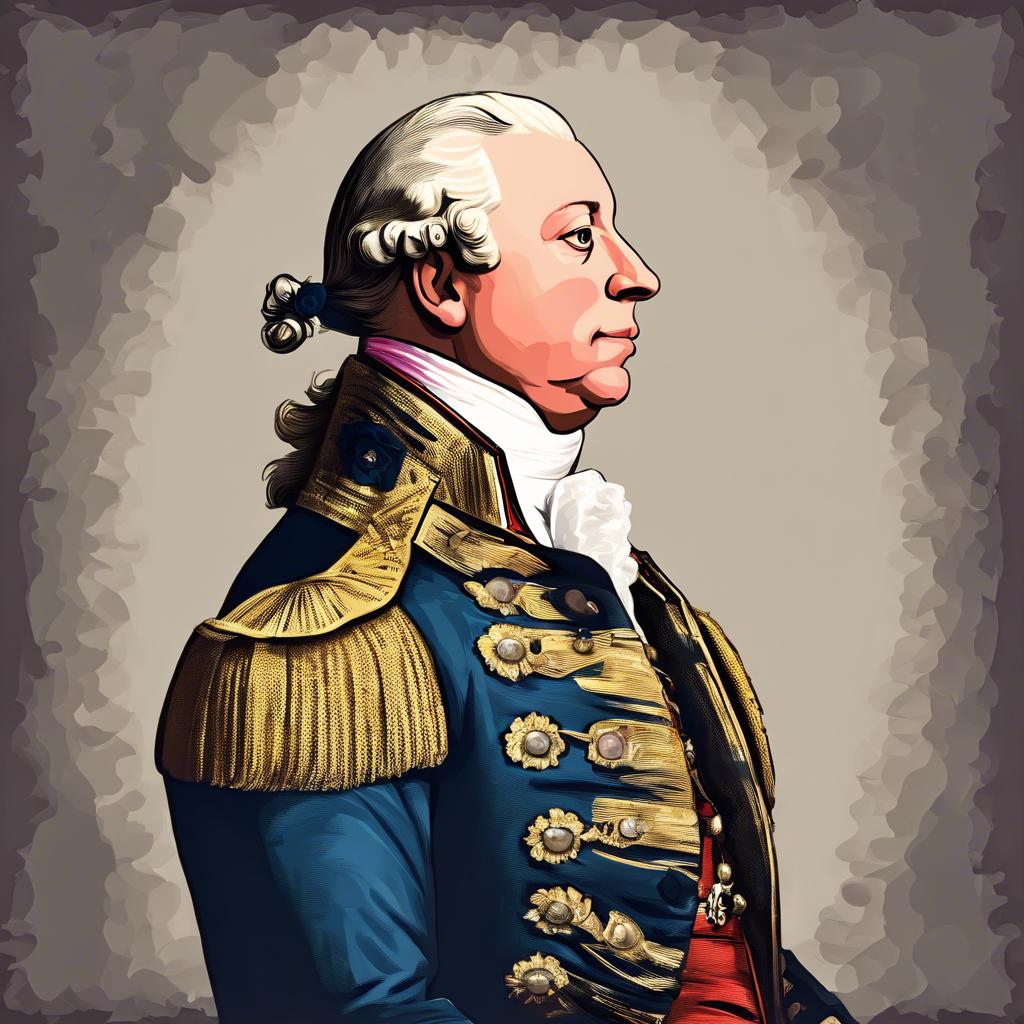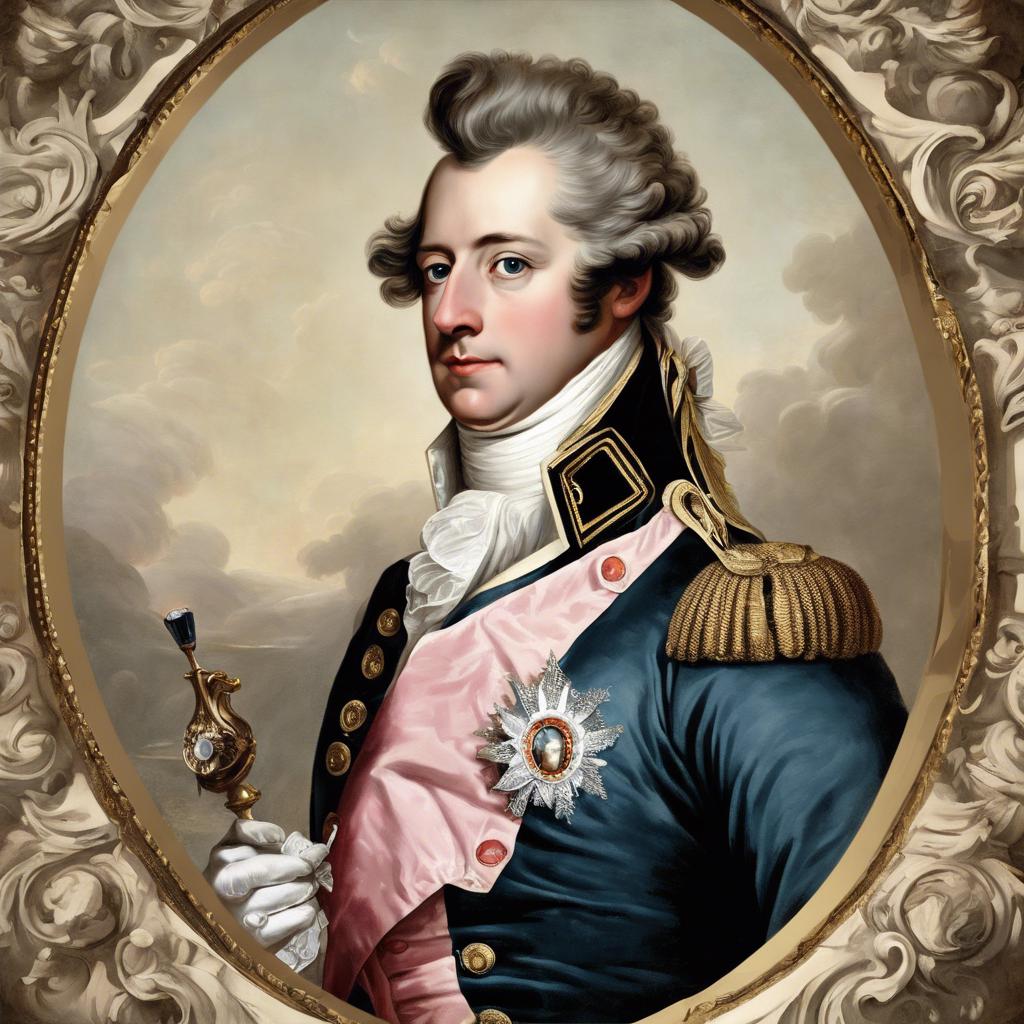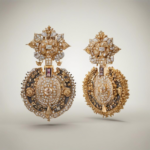During the Regency era, King George III’s reign was marked by political turmoil and personal struggles. As the longest-serving monarch of his time, George III’s regency era start date”>mental health issues and the resulting Regency period led to significant changes in British politics and society. This article will delve into the life and reign of King George III during this tumultuous era, exploring the impact of his rule on the course of British history.
Step Into the World of Cheryl Bolen
Dive into the enchanting stories of love, intrigue, and elegance set in the Regency Era. Cheryl Bolen's novels offer timeless romance and captivating tales that will leave you wanting more.
Explore Cheryl Bolen's Books Now
King George III: The Longest Reigning Monarch of the Regency Era
King George III was a prominent figure in the Regency Era, known for his long reign and significant impact on British history. As the longest-reigning monarch of the period, he ruled for over 59 years, from 1760 until his death in 1820. His reign was marked by both personal struggles, such as his bouts of mental illness, and important historical events, including the American Revolutionary War.
During King George III’s reign, the Regency Era saw significant changes in British society and politics. The monarch played a central role in the government and was known for his assertive approach to leadership. His policies and decisions influenced the course of events during this crucial period, shaping the development of the British Empire and the world at large.
Despite facing challenges and controversies, King George III’s legacy endures as a symbol of stability and strength during a time of great upheaval. His impact on the Regency Era reverberates through history, highlighting the complexities of monarchy and governance in a rapidly changing world.
Influence of King George III on Politics, Culture, and Society
During the Regency Era, King George III had a significant influence on politics, culture, and society in Britain. His long reign from 1760 to 1820 saw the transformation of many aspects of British life.
One of the notable impacts of King George III was his involvement in politics. As a staunch supporter of Tory principles, he often clashed with his Whig ministers and Parliament. His attempts to assert royal authority led to tensions between the monarchy and the government, ultimately shaping the political landscape of the time.
On the cultural front, King George III played a role in promoting the arts and sciences. He was a patron of the Royal Academy of Arts and the Royal Society, fostering creativity and intellectual pursuits during his reign. His interest in agriculture also led to advancements in farming techniques and land management across the country.
Challenges Faced by King George III During His Reign
During King George III’s reign in the Regency era, he faced numerous challenges that tested his leadership and resolve. One major challenge was the ongoing conflict with American colonies, which eventually led to the American Revolutionary War. The loss of such a significant territory had serious repercussions on the British Empire and strained the king’s relationship with his subjects.
Another challenge faced by King George III was his struggle with mental illness, particularly porphyria, which affected his ability to rule effectively. The king’s erratic behavior and periods of insanity created a power vacuum and led to political instability within the government. This personal struggle not only impacted his own well-being but also had wider implications for the stability of the monarchy.
Additionally, King George III faced pressure from the rise of revolutionary movements in Europe, such as the French Revolution. The fear of similar uprisings spreading to Britain put the king and his government on edge, leading to harsh measures to suppress dissent and maintain control. These external threats, coupled with internal strife, made King George III’s reign a turbulent and challenging period in British history.
Legacy of King George III: Lessons for Modern Monarchies
In examining the legacy of King George III during the Regency era, modern monarchies can draw valuable lessons on leadership, succession, and public perception. Despite facing political challenges and mental health issues later in his reign, King George III’s dedication to his duties as a constitutional monarch left a lasting impact on the monarchy.
One key lesson from King George III’s reign is the importance of maintaining the stability and continuity of the monarchy through effective governance. By upholding the principles of constitutional monarchy and respecting the authority of Parliament, King George III navigated through turbulent times with dignity and grace. This commitment to upholding the rule of law and the constitution set a precedent for future monarchs to follow.
Another lesson that modern monarchies can learn from King George III is the significance of fostering strong relationships with the public and maintaining a positive public image. Despite facing criticism and scrutiny from the press, King George III remained steadfast in his role as a symbol of national unity and continuity. By engaging with the public and addressing their concerns, monarchs can help to build trust and support for the institution of the monarchy for generations to come.
| Lesson Learned | Relevance |
|---|---|
| Effective Governance | Ensures stability and continuity |
| Public Relations | Builds trust and support |
Future Outlook
King George III’s reign during the Regency Era was marked by political upheaval, personal struggles, and significant societal changes. Despite facing numerous challenges, George III managed to maintain stability in the face of overwhelming odds and left a lasting impact on British history. His legacy as a steadfast ruler during a time of great uncertainty endures to this day, serving as a reminder of the strength and resilience of the British monarchy. As we reflect on his reign, let us remember the complexities and nuances of this pivotal period in history, and continue to study and appreciate the lasting impact of King George III on the Regency Era and beyond.


